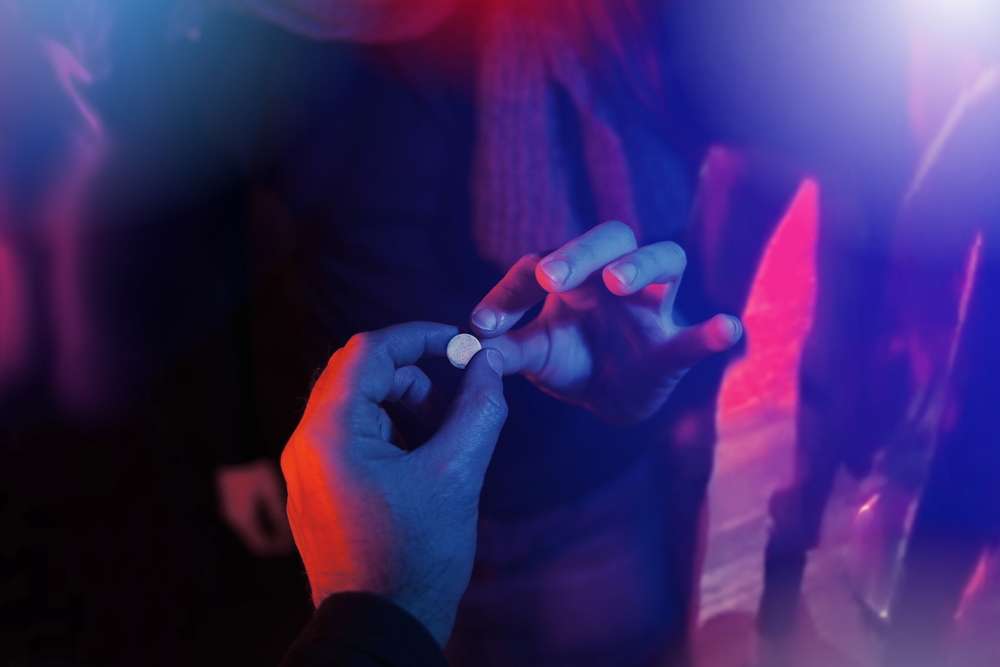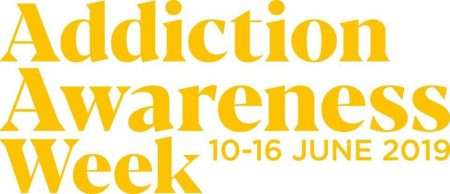MDMA is an illegal recreational drug which is also known as Ecstasy or Molly. It is a psychedelic and stimulant. Users experience increased energy, enhanced enjoyment from tactile experiences, and time distortion. The drug became popular at raves and nightclubs, but has become more mainstream.
MDMA impacts the neurotransmitters in the brain. Neurotransmitters are the brain messengers. The drug can increase the release of serotonin and norepinephrine. MDMA can be toxic to these neurotransmitters and research on mice has indicated that permanent damage can be done to the brain.
In addition to the risks associated with taking MDMA there are also common effects reported by users after taking MDMA which can last up to a week. They include sadness, restlessness, aggression, lack of appetite, reduced interest and pleasure in sex, anxiety, irritability, impulsiveness, sleep disturbances, thirst, and a significant reduction in mental abilities.
Studies have shown animals will self-administer MDMA which indicates addiction potential. Studies thus far have indicated this to a lesser degree than some other drugs like cocaine. There have also demonstrated withdrawal symptoms, which is another indicator of addiction. They include:
· Fatigue
· Depression
· Loss of appetite
· Trouble concentrating
Although studies report various findings regarding the addictive nature of MDMA, there have been a multitude of indicators users have reported. They include
· Increased tolerance (needing more and more of the drug to get the same effect)
· Withdrawal effects
· Continued use despite awareness of physical or psychological harm
Since MDMA impacts the neurotransmitters in the brain it is currently being examined as a possible treatment for clinical depression. Proponents see the possibility of a fast acting treatment as a necessary gap to fill in the market. To date, no studies have verified the claims MDMA is a successful treatment for depression. There have also been no studies to examine the addictive potential of MDMA in low doses. More research is needed. History indicates the dangers of using medications for drugs without ample testing. In the 1940’s amphetamine was widely prescribed for depression. Little was known about its addictive nature at that time.
MDMA has many indicators of an addictive drug. Whether it is psychological or physical many markers are present to indicate addiction potential. In addition, studies have indicated an increased use of MDMA by those suffering with depression or other mental health disorders. Rather than buying MDMA on the street, a safer route is therapy, medications approved for depression treatment, or treatment centers.
MDMA is a growing problem in Scotland and Ireland. Castle Craig provides a proven model for success in achieving optimal health of mind, body, and spirit. Call 24 hour free confidential phone-line for more information: 01721 546 263. From outside the UK please call: +44 808 271 7500


